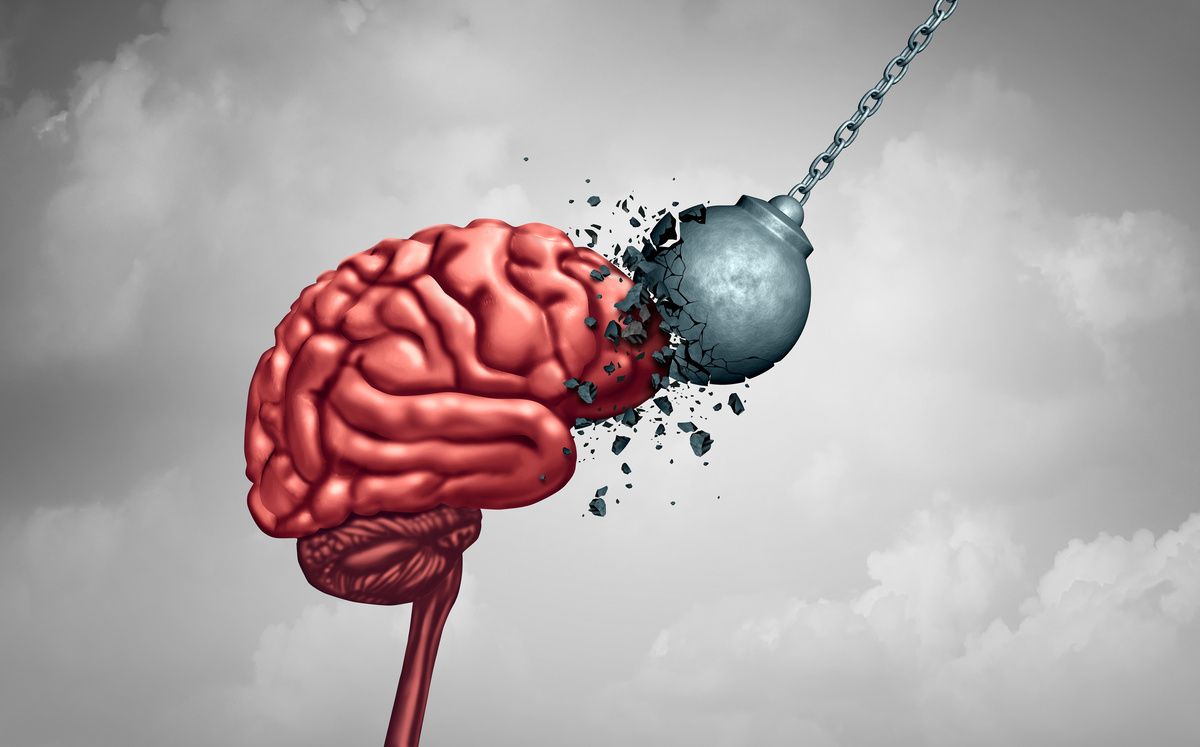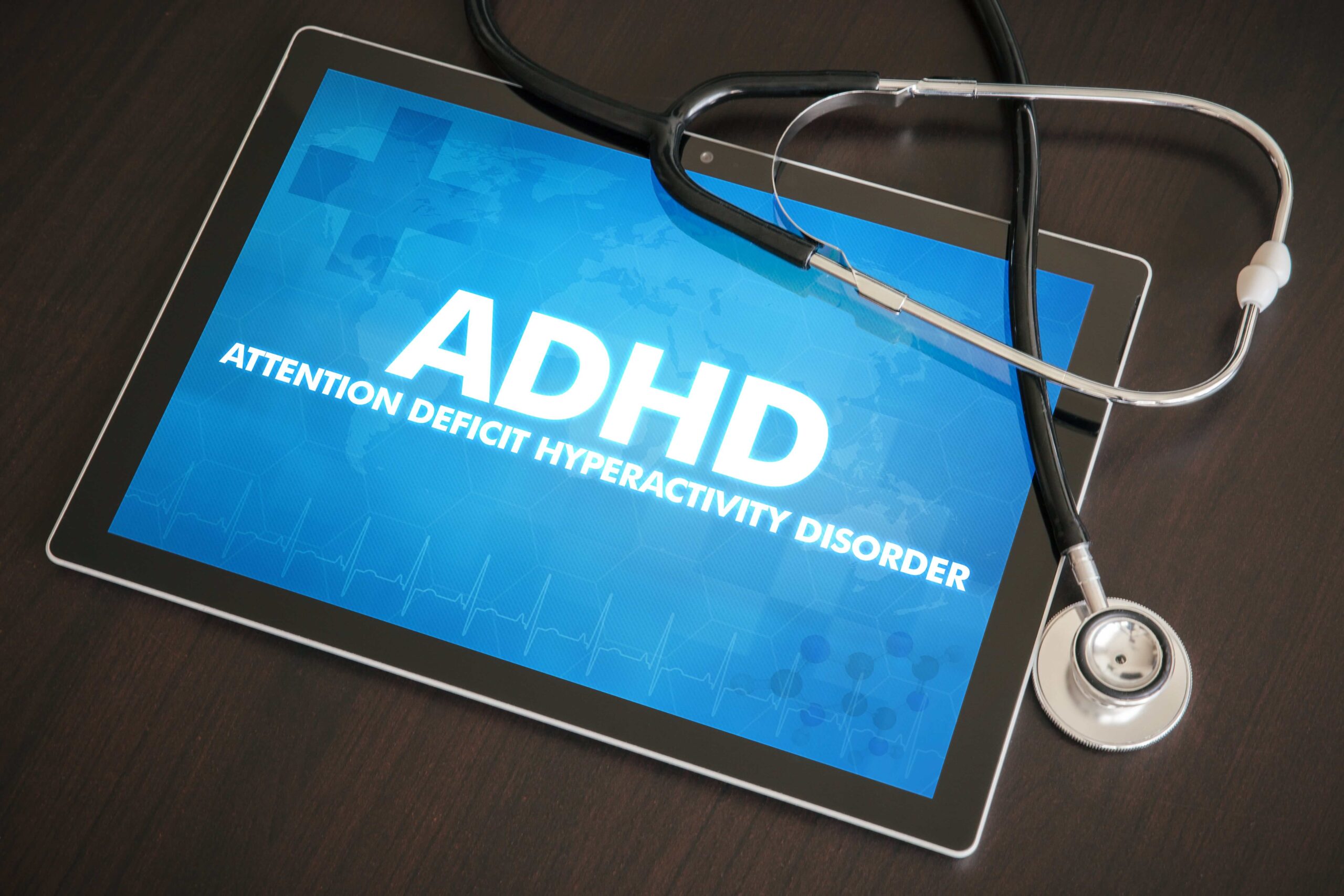Explore the intricacies of mental health and substance use disorder treatments. Discover how Partial Hospitalization Programs (PHP) and Intensive Outpatient Programs (IOP) cater to different needs, offering varied levels of care intensity. Learn what factors should guide your decision in choosing between PHP and IOP, all while understanding the valuable services offered by Rising Phoenix Wellness Services.










